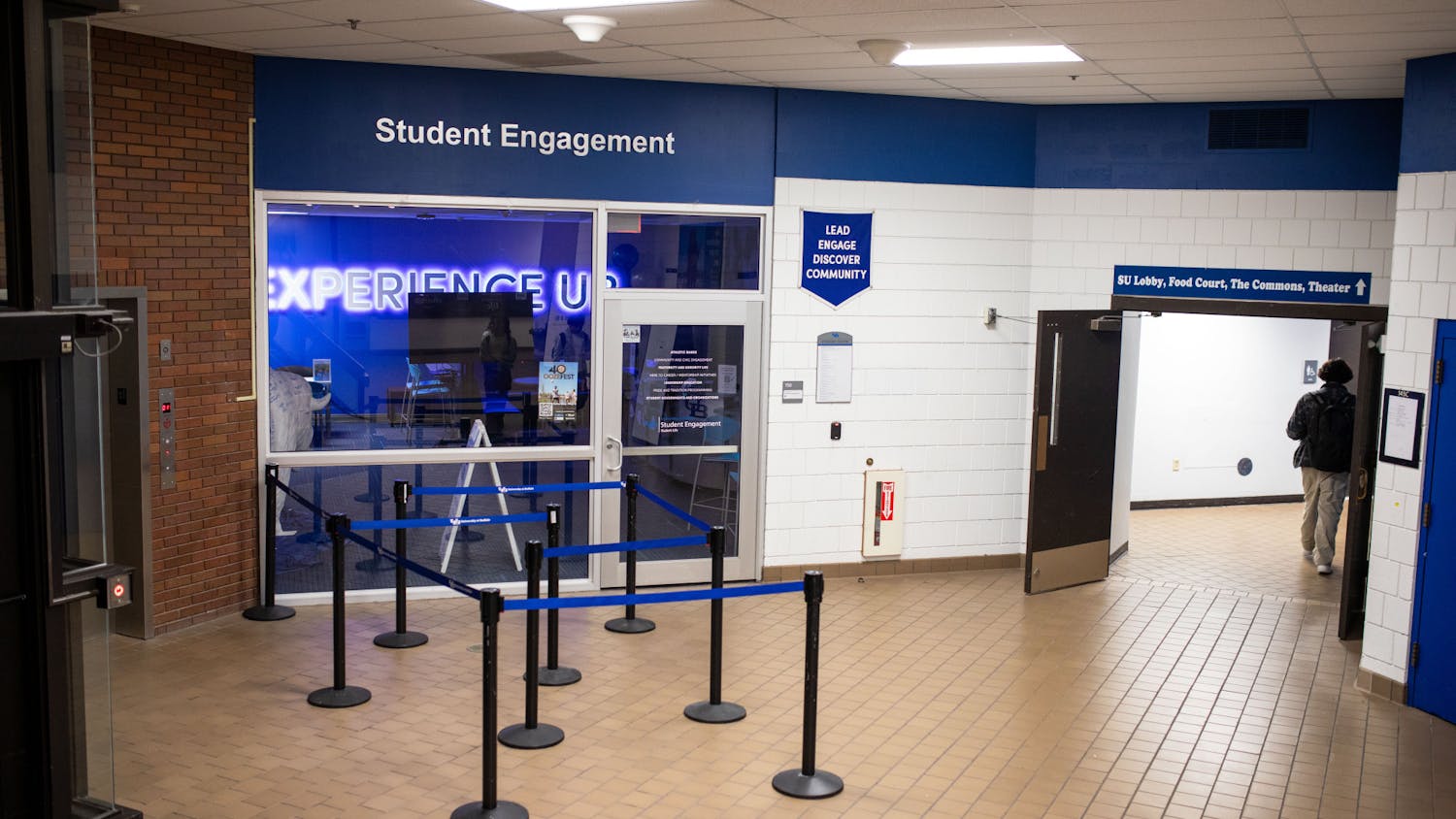Banny Chen, a senior communication major, lost his cousin, Danny Chen, to suicide Oct. 3, 2011. The 19-year-old soldier committed suicide while he was serving in Afghanistan, due to mistreatment from fellow soldiers that involved racial slurs and physical harassment.
After Danny’s death, the Chen family worked closely with Greek organizations and student clubs at UB like the Asian American Student Union (AASU) to host awareness events against bullying and hazing.
AASU dedicated last Wednesday’s meeting to the topic of racial slurs and the racial words used to describe Asian Americans. About 25 students discussed how certain racial slurs have impacted their lives in America as an Asian or Asian American.
During the meeting, each e-board member presented a word, its historic meaning and led a discussion based on whether anyone in the room had any experience with the specific word.
Students had many examples to share.
About 12 percent of UB's student population is of Asian, native Hawiian or Pacific Islander decent, according to a Forbes.
“I don’t know about a specific word, but I know that sometimes a word can make you uncomfortable and it can degrade you,” said Phillip Chen, a senior health and human services major. “That’s where a word makes a human angry and emotional.”
He said he has a lot of Asian friends, but has never heard them talk about a negative experience with racial slurs at UB. He said it could be they are too shy to talk about it or they actually never dealt with it.
Banny, who is from New York City, said he grew up in a Chinese and Hispanic neighborhood. Hispanic people would often refer to him as a “Chino,” and he recently learned Hispanics use that term to refer to Chinese people.
“I wasn’t referred to as a person, but as a Chinese,” Banny said. “I wouldn’t call the experience as degrading but people trying to put you in a general label. If I was Korean, they would still call me Chino.”
Banny said Jeremy Lin, an Asian-American basketball player in the NBA, also experienced a racial slur controversy in 2012. ESPN used the headline “Chink in the armor” to refer to Lin when he was on the Knicks and his team lost to the Hornets.
William Loo, a freshman graphic design major, said when he was in high school every Halloween, he was asked if he was going to dress up as Jackie Chan.
He said when he was in a martial arts class, people assumed he had strong skills and treated him like Jackie Chan.
Barry Lee, a senior business major, said other people perceive all Asians as hardworking. He said there were times when people wanted to sit near Asians just because they assumed they are well prepared for exams when they may not have studied at all.
Students discussed the history of commonly used slang terms. For instance, the word “zipper head” references the Vietnam War.
Vietnamese soldiers were shot in the head and carried in bags with zippers. Their dead bodies got run over by tanks, which left zipper-like marks on their heads from wheels of tanks.
The slur “Chinaman” was used as the last names of many initial Chinese immigrants who moved the United States.
A commonly used slur that caused a long debate between students was “fresh off the boat,” (FOB) a term that refers to immigrants who couldn’t integrate to their second country’s culture. Students had mixed feelings about the usage of the term.
Students continued the meeting with more examples and concluded that while some words might seem innocent they have an inaccurate way of describing individuals – like the idea that all Asians know how to pick rice – or a painful historical background.
“If you can justify the meaning of a term to describe me and my identity, it would be the only time I would be OK with anyone using such a word,” said Theresa Law, a first-year education graduate student. “But if you can’t, then it’s just unacceptable. You should have reasons to use a certain word.”
email: news@ubspectrum.com





